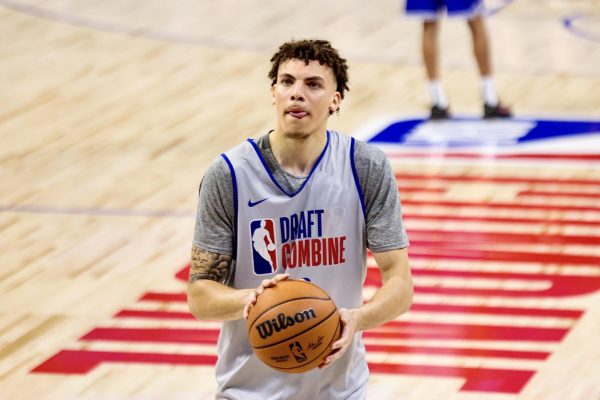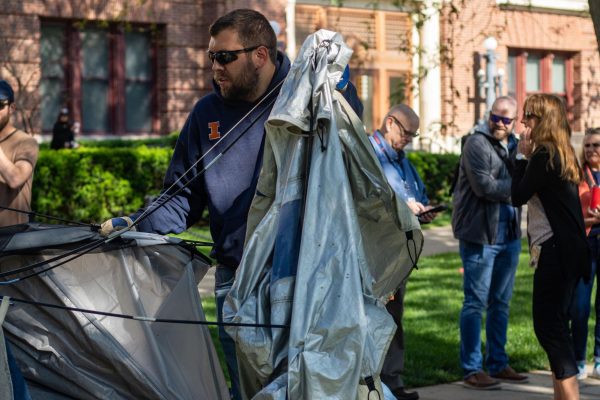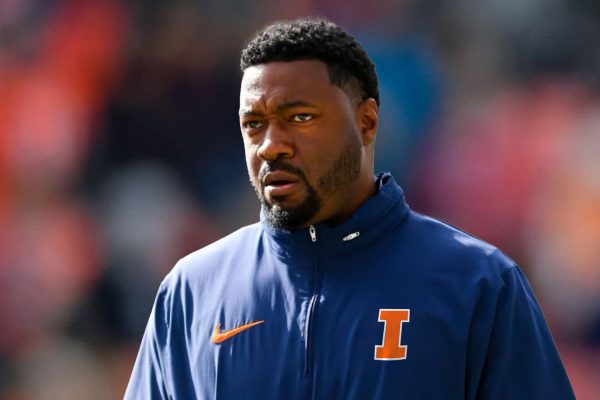Trustees rebut NCAA response to appeal
March 30, 2006
The NCAA is overstepping its authority, the University said Wednesday in the latest installment of a nearly eight-month disagreement surrounding Chief Illiniwek.
Illinois’ Board of Trustees issued a six-page “rebuttal” to an NCAA Executive Committee memorandum dated March 7. That memo responded to the University’s Jan. 30 appeal of an NCAA Executive Committee decision that would limit Illinois’ involvement in NCAA competitions because it uses American Indian imagery.
Bernard Franklin, NCAA senior vice president for governance and membership, said earlier this month that the University will remain on the list of affected schools. The NCAA had previously said that it would not decide on any school’s status until it’s April 27 Executive Committee meeting. An executive committee hearing is now set for April 28, Board of Trustees Chairman Larry Eppley said in the rebuttal.
“The staff committee submits that the decision to retain the University of Illinois, Champaign, on the list of those institutions subject to restrictions on the use of Native American mascots, names and imagery at NCAA championships should be upheld,” Franklin said in his March 7 memo.
The latest NCAA decision dedicates more than nine of the appeal’s 16 pages to refuting Illinois’ appeal. It disagrees with University claims that “the NCAA ignored its own rules and process in issuing the policy,” that the application of the policy was “arbitrary and capricious” and that it violates the First Amendment and antitrust laws, among other claims.
Get The Daily Illini in your inbox!
Illinois’ Board of Trustees said in Wednesday’s rebuttal that the use of American Indian imagery does not fall under the Executive Committee’s jurisdiction. It argues that NCAA member institutions never intended the Committee’s power to be so broad, or for the Committee to have unilateral say in what it considered a “core issue.”
“The NCAA’s position would give the Executive Committee virtually unlimited power,” the University’s rebuttal said. “If the NCAA is correct, the Executive Committee could issue policies on any issue it unilaterally deems to be a ‘core issue’ of the Association … Such a view is untenable.”
The Board reiterates its position that the NCAA appeal process is misguided and ad hoc, pointing out that it took the NCAA seven months to define its central catchphrase of “hostile and abusive” or to identify the “research and analysis” around which it built the policy.
“As the NCAA admits, the University’s membership in the NCAA entitles the University and other member institutions to certain contractual rights and reasonable expectations flowing from them,” the Board said in the rebuttal. “These rights and expectations cannot be eliminated without inflicting substantial harm on the University and other member institutions.”






